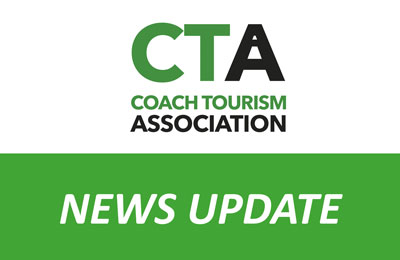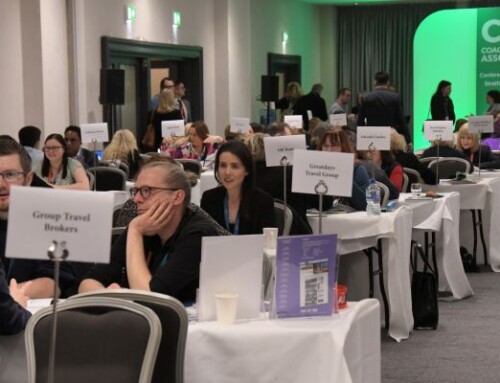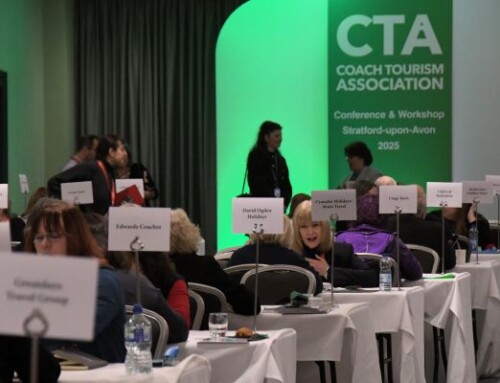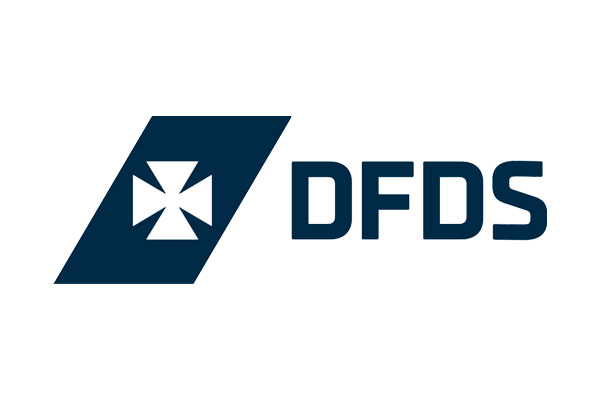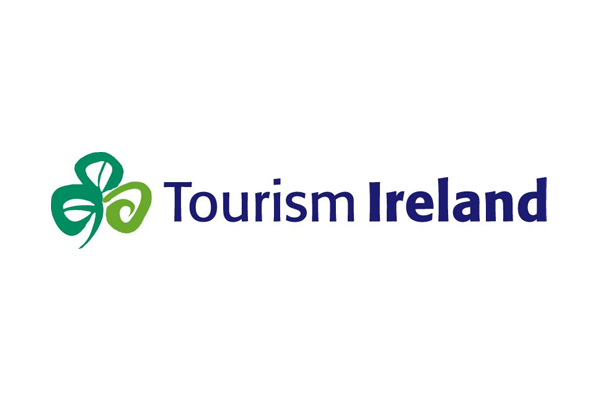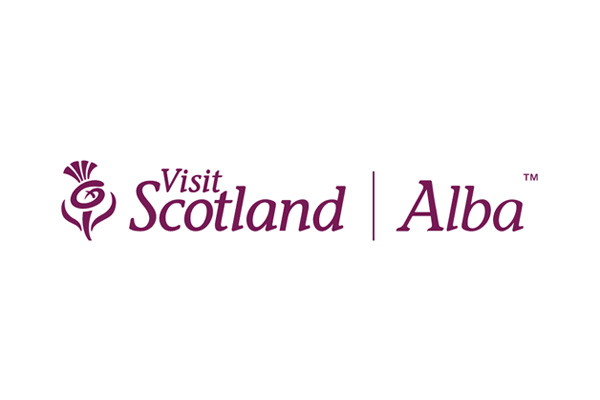COVID-19 Updates – week commencing 27/07/20
More updates of developments from the government and various links to interpretation and guidance.
Go to date:
28 July 2020 …
CPT operational updates:
TRAFFIC COMMISSIONERS ANNUAL REPORT 2019-2020
The Office of the Traffic Commissioners has today (28 July) published the annual report of the Traffic Commissioners for Great Britain. A significant part of the report covers the measures put in place to support and regulate the road transport industries during the COVID-19 pandemic.
The report recognises the importance of transport during the initial lock down period and the ongoing efforts of operators, transport managers, drivers and OTC staff to ensure it could be delivered in a safe and reliable way
The specific areas covered in the section covering the COVID-19 pandemic include:
- changes in regulatory approach proportionate to the circumstances of the pandemic
- the practical advice issued to operators
- ensuring vehicle safety during lockdown
- carrying out compliance checks in a safe manner
- introducing virtual training and remote audits
- supporting the flexibilities necessary for bus service registrations
As always the report contains some key statistics, including:
- 11,803 operator licence applications and variations processed
- 15,640 local bus registrations processed
- 1,541 public inquiries held
- 318 preliminary hearings held
- 17,937 driver conduct cases closed
TRAFFIC COMMISSIONERS ANNUAL REPORT
RECOVERY ADVICE FOR BUSINESS ENTERPRISE NATION
The Department for Business, Energy & Industrial Strategy, have teamed up with The Professional and Business Services Sector and Enterprise Nation to offer small and medium sized businesses free advice to help them recover from the impact of Coronavirus.
The scheme will give small firms access to free, one-to-one advice with an expert adviser to help them through the coronavirus pandemic and to prepare for long-term recovery..
Advice offered will include bespoke, specialist assistance from accountancy, legal, and advertising to marketing, recruitment and digital to help businesses adapt to difficult circumstances and to bounce back as the UK economy recovers
Businesses can access the assistance through the Enterprise Nation platform
After completing the ‘Make a Plan’ diagnostic tool, the user will then be directed to a personalised dashboard where they will receive a detailed action plan which will include links to suggested tailored advice and relevant professional advisers willing to help
Advice will focus on key areas:
- accounting and finance
- people and team building
- planning and strategy
- marketing, PR and social medi
- technology and digital tools
The scheme is open to small businesses throughout the UK and Enterprise Nation is providing free access to the platform until 31 December 2020
FLEXIBLE FURLOUGH CORONAVIRUS JOB RETENTION SCHEME
HMRC has added additional times and dates for webinars covering the changes to the Coronavirus Job Retention Scheme which occurred from 1 July that allow for Flexible Furlough and part time working
The webinars will give an overview of how flexible working/furloughing can be used by employers and will also include information how to calculate your claim
Other matters that will be covered include the different levels of employer contributions that will be necessary from August, and the support offered to employers by HMRC
Webinars have been made available:
- Wednesday 29 July at 15:45
- Thursday 30 July at 09:45
- Friday 31 July at 09:45
Members can book a place using the link below
VEHICLE OPERATOR LICENCING ACCOUNT
Members will be aware of the issues surrounding the availability of annual tests for vehicles, and the exemptions from testing that have been issued by DVSA
Legislation has been put in place that will allow the Secretary of State through DVSA, to issue longer exemptions than the 3 month that was previously allowed by legislation
DVSA is still working with stakeholders including CPT on the exact process that will be followed when granting these longer exemptions, but in all cases the decisions made will be risk based and each operator will be assessed individually
We would therefore like to take this opportunity to remind members of the importance of ensuring all of the vehicles you operate are listed on your operator licence
By doing this you can ensure that all roadside encounters that result in no action being taken by a DVSA officer and all annual test pass results are correctly recorded against your O Licence
This can have a positive impact on your overall Operator Compliance Risk Score (OCRS) which is likely to be an important factor in any decision made to issue annual test exemptions
CPT recommends that you check your OCRS on a regular basis so that you can:
- Monitor your OCRS and track any changes
- Monitor the annual test pass rates of your vehicles
- Identify causes of vehicle test failures
- See and check information on roadside encounters
Vehicle Operator Licensing account
Tourism Alliance updates:
Here’s today’s update, the main part of which related to the Government’s approach to local outbreaks and PHE’s campaign to help businesses to identify and report such outbreaks.
Eat Out to Help Out Expands Again
The participating restaurant finder for this Eat Out to Help Out initiative has been expanded again to provide a list of premises within 5 miles rather than the previous 2 miles. However, using the finder it seems that it will only list the closest 100 places so if there 100 places within 1 mile of the postcode it will not list anything that is more than 1 mile away. It also requires you to know the full postcode of your location so something like WC1 for central London will just produce an error.
https://www.tax.service.gov.uk/eat-out-to-help-out/find-a-restaurant
A new press release to the public has also been released that includes a video for customers on how the scheme works
https://www.gov.uk/government/news/eat-out-to-help-out-look-for-the-logo
New Quarantine Exemption Countries
While Spain has been removed from the quarantine exemption list, Estonia, Latvia, Slovakia, Slovenia and St Vincent and the Grenadines added to it.
https://www.gov.uk/guidance/coronavirus-covid-19-travel-corridors
Managing Local Outbreaks
The Government has published Guidance on a five stage process by which local outbreaks will be managed in future. The five stages are:
-
- Monitoring
The Joint Biosecurity Centre (JBC) and Public Health England (PHE) share local coronavirus data with directors of public health in local authorities so they can monitor what is happening in their area.
-
- Engagement and communication
If monitoring suggests that there are problems at a local level, the JBC and PHE will engage the relevant local authority to generate a joint understanding of the problem and develop solutions.
-
- Testing
Mass testing will be undertaken at a local level, combined with contract tracing through NHS Test and Trace, to control the virus.
-
- Local restrictions
If the virus continues to spread, either a local authority or the government will restrict activities at particular locations and close individual premises.
-
- National intervention
If the previous measures have not worked the government will put in place further measures which could include shutting businesses venues that would otherwise be allowed to open, closing schools, and asking people to stay at home or restrict their movement. These measures will be tailored to the circumstances of each outbreak and will be reviewed at least every 2 weeks.
https://www.gov.uk/guidance/governments-approach-to-managing-local-coronavirus-outbreaks
As an example of this approach, Oldham Council has just introduced local restrictions in response to a local pike in cases.
https://www.oldham.gov.uk/coronavirus
Local Lockdown Changes
Local lockdown restrictions have now ended in Charnwood and Blaby, and some restrictions have now been relaxed in Leicester City and the Borough of Oadby and Wigston.
https://www.gov.uk/guidance/leicester-lockdown-what-you-can-and-cannot-do
Reporting Outbreaks
Public Health England have launched a campaign to that provides advice to businesses on how to identify and respond to a local coronavirus outbreak. The campaign seeks to help business operators:
-
- Identify an outbreak of COVID-19 (one or more confirmed case depending on the business or organisation)
- Report the outbreak to local health protection team
- Work with local health protection team to respond
As part of the campaign, PHE have produced a series of different action cards for different business types at the following link
https://coronavirusresources.phe.gov.uk/reporting-an-outbreak/overview/
29 July 2020 …
Here’s todays’ update with the announcement of a new £20m fund that tourism SMEs are eligible to apply for.
- £20m SME Fund Launched
MHCLG has published details of the £20m of funding for SMEs that builds on the £10m fund announced previously to help tourism SMEs. Like the tourism kick-start funding, the new scheme is being allocated through the Growth Hubs to LEPs for distribution. I have attached an copy of a paper that provides a breakdown of how much has been allocated to each LEP.
The funding must be to directly respond to the impact of COVID-19 and can include:
-
- one-to-many events providing guidance to respond to coronavirus
- small grants (£1,000 – £5,000) to either:
- help visitor economy businesses access specialist professional advice e.g. human resources, accountants, legal, financial, IT / digital
- purchase minor equipment to adapt or adopt new technology in order to continue to deliver business activity or diversify The funding is being provided to address immediate needs and all grants must be awarded by 28 February 2021 and all activity fully completed by 31 March 2021.
https://www.gov.uk/government/news/20-million-in-new-grants-to-boost-recovery-of-small-businesses
Self-Isolation Period Extended
The self-isolation period has been extended from 7 to 10 days for people who have coronavirus symptoms or a positive test result. It is important for businesses to factor this into their staffing strategy in case an employee tests positive. On a related issue, there have been a couple of cases recently where an employee has tested positive and other members of staff have been deemed to be close contacts and required to self-isolate as well which has had a severe impact on available staff. This is a particular problem where staff live together or are friends who socialise outside the work environment. This, again, is something that businesses need to be aware of.
Eat Out to Help Out Clarification
The guidance for businesses on the East out to Help Out Scheme has been undated to clarify that this scheme is not applicable to any packaged products – the new examples included include a golf package, a wedding package and an hospitality event package. It you want to be eligible, you will be to unbundle the package and sell the food and drink component separately.
Impact on Business
The latest iteration of the ONS research on the impact of Coronavirus on UK businesses has been published. This covers the period from 29th June to 12th July – so it covers the period that much of the tourism industry reopened. The good news is that 33% of accommodation and food service businesses reported that they had reopened over this period and that 18% of staff had returned from furlough. The not so good news is that 21% of businesses in the sector reported that they had still not opened and 13% indicated that they were not planning to reopen anytime soon. This is far greater than the average across all business sectors – which is 6.8% and 4.5% respectively.
The only sector in worse shape is the Arts, Entertainment and Recreation sector where 43% of businesses are still not open and almost 30% don’t expect to reopen any time soon.
These figures highlight the fact that tourism and hospitality remains one of the most impact sectors and will require extended support.
New Law to Ensure Furloughed Employees Receive Full Redundancy Payments
BEIS has announced that it will introduce a new law will ensure that furloughed employees receive statutory redundancy pay based on their normal wages, rather than a reduced furlough rate after it was found that some businesses are basing redundancy payments of the 80% salaries that furloughed staff are receiving.
Start up and Scale Up New Anglia
BEIS have also launched two a new support programmes for businesses in Norfolk and Suffolk
Start -up
This is to support start-ups and includes a range of fully-funded support including one to one tailored advice, masterclasses and seminars on a range of subjects including:
-
- business planning
- management and operational systems
- marketing
- finance and legal
- corporate social responsibility
- cost savings
- intellectual property
https://www.gov.uk/business-finance-support/start-up-programme
Scale-Up
This is for existing SMEs and includes
-
- a tailored business health analysis
- peer-to-peer learning
- access to industry and academic expertise
- networking opportunities
- workshops
- supplier visits
- support from business advisers
https://www.gov.uk/business-finance-support/scale-up-new-anglia
